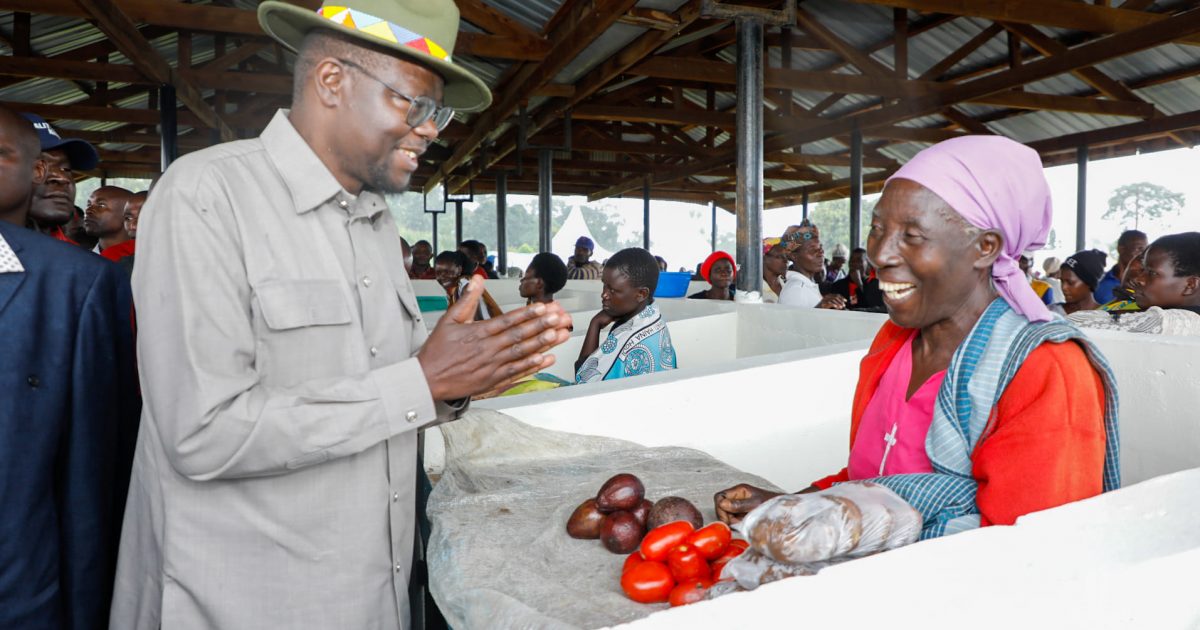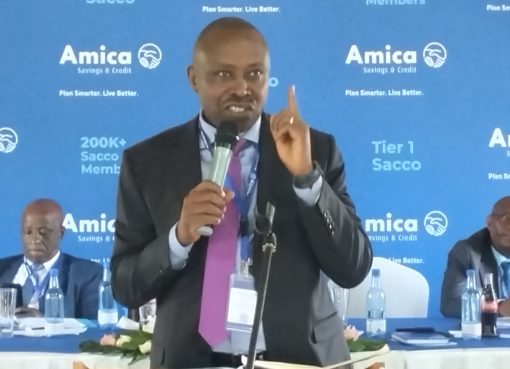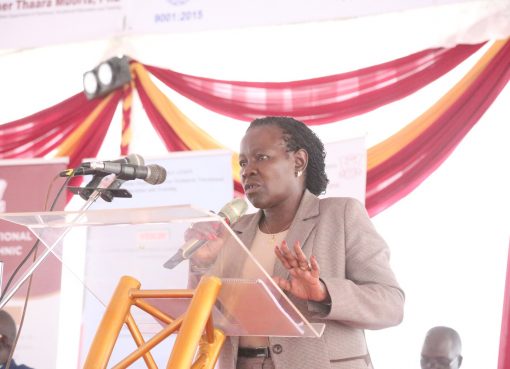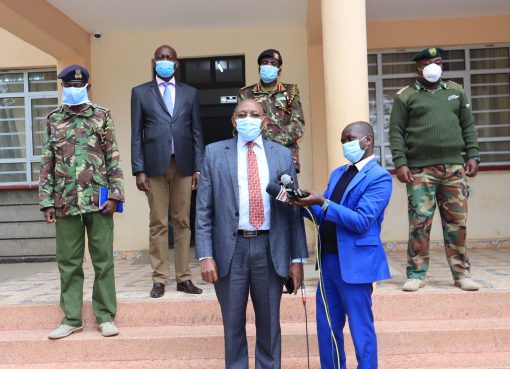The modernisation of markets in urban centres and markets in the country is aimed at increasing and strengthening urban institutions to deliver improved and workable infrastructure for public utility.
The cash directed to counties through the State Department of Housing and Urban Development is meant to finance projects under the Kenya Urban Support Programme (KUSP) funded by the World Bank to give opportunities for county-wide development plans and strategies.
In Migori, the completion of Oyora Market in South Kamagambo, Rongo Sub County, Ombo and Kakrao markets in Suna East Sub County marks a significant milestone in providing modernised infrastructure for socio-economic benefits of traders, buyers and county development, under the economic stimulus programme (ESP) markets.
Nancy Oduor, a trader at Oyora Market in South Kamagambo expressed her gratitude to the two levels of government for improving the working environment of traders and buyers.
Oduor says that traders used to suffer from the pain of hot sun and rain while selling their produce in the open market, but thanks to improved and modernised markets like Oyora, their ventures will grow exponentially.
The modernisation of the Oyora, officiated by Governor Ochilo in August this year, will greatly enhance the business operations and livelihoods of the county residents.
This year, the county government of Migori in partnership with the State Department for Housing and Urban Development launched market projects like Oria and Sibuoche Ultra-Modern Markets in Uriri Sub County, Nyakweri Modern Market in Nyatike and the renovation of Migori town Bus Park.
Other projects launched this year include the Nyabohanse Market in Kuria West, Kwa Market in Suna East, Ntimaru Modern Market in Kuria East and Wath Ong’er in Nyatike Sub County.
According to Governor Ochilo, the landmark achievement stands as a testament to his unwavering determination to pave a path towards prosperity, revealing his administration’s unyielding commitment to the welfare and advancement of the Migori residents.
The modernisation of the markets across Migori County will have amenities like a cold room for fish produce, space for fresh produce, kitchens, washrooms, an ICT hub, a mother’s room, ATM installations, a social hall and a ramp for easy access by Persons with Disabilities (PWD).
The modernisation of urban markets will give traders and buyers the needed environment to conduct their business, to buy better produce, expand their ventures and have an appealing and scenic atmosphere for better product and service consumption.
Other infrastructure development like the renovation of the Migori town bus park will have a far-reaching impact on the local transport sector since Migori is a gateway to the Nyanza region that accesses Tanzania through the Isebania border.
The upgrading of the existing bus infrastructure will help the county to create a more efficient, organized, and accessible transportation hub.
The bus park will also help to improve the overall user experience for commuters and provide a conducive environment for transport operators to conduct their business.
According to Governor Ochilo, the County Government of Migori is committed to working closely with the National Government and other stakeholders to ensure the projects under the Kenya Urban Support Programme (KUSP) become successful in implementation.
In May this year while addressing the Council of Governors (COG) during the launch of the Kenya Urban Support Programme II at the Statehouse, President William Ruto said that the Sh46.5 billion project was a significant step towards addressing acute poverty, expanding economic opportunities, and sustainably improving the living standards of the Kenyan people.
John Ouma, a trader at Ombo Modern Market says that the creation of the market will enable him to leverage the opportunity presented to him and unlock the full potential of other urban centre traders in job creation, profits and improved service delivery.
However, the county has also experienced some of its shared challenges in the implementation of completed projects. The Ombo market is such an example; located just two kilometres from the Migori Central Business District (CBC), its full optimisation has not yet been achieved.
The Sh84 million World Bank-funded project that was launched in 2022 to host at least 420 traders is currently operating at 40 percent. The market was a necessity to cater for the needs of the surging population in Migori town, who constantly needed a supply of goods including food stuffs as well as help decongest the current markets within the Migori municipality.
The Ombo market was also meant to relocate and serve traders from the Marindi market that is located in Migori downtown; and is under construction through World Bank funding.
According to Migori Municipal Administrator Mr George Olumwa, Ombo Modern Market has been experiencing challenges of electrification and political interference that have rendered the ultra-modern market to operate at a low capacity.
Olumwa however, acknowledged that some of the challenges have already been resolved adding that they expect full market operations within 60 days.
Ombo market, which booms on Tuesdays, Wednesdays and Thursdays is still not living to its full potential of promoting orderly arrangement of market standards as ascribed by the Kenya urban support programme of integrating urban development challenges and opportunities.
The elevation of Kehancha town to municipality status in 2023 and the establishment of the Affordable Housing Project in Mabera has also increased the urban standards of the county with the establishments of modern markets like Kehancha and the recently launched Nyabohanse and Ntimaru modern markets in Kuria region.
Director for Housing and Urban Development in charge of Nyanza Region Mr. Jared Buoga while visiting Migori County to assess the progress of the Affordable Mabera Housing Project acknowledged that the State Department for Housing and Urban Development was constructing markets in the county to help in the economic stimulus programme.
Buoga emphasised that markets are of greater importance in providing decent trading spaces for both traders and customers while at the same time generating revenue for both levels of government.
By Geoffrey Makokha and George Agimba





